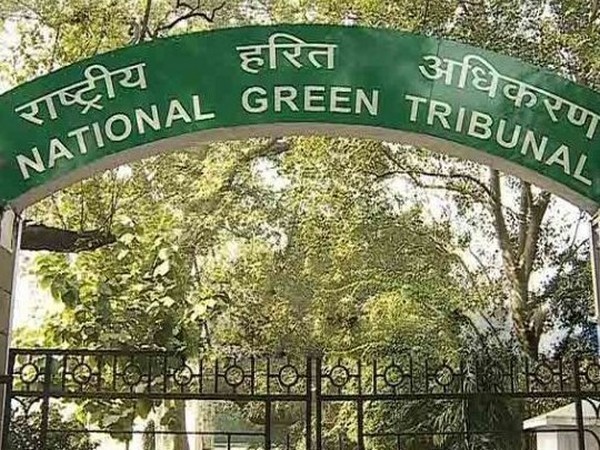Air pollution exposure worsens mental health: Delhi govt to NGT
Air pollution exposure worsens mental health: Delhi govt to NGT

- Country:
- India
Air pollution exposure worsens mental health outcomes in India, leading to feelings of sadness, cognitive difficulties, and a reduced ability to cope with life's challenges, the Delhi government has submitted before the National Green Tribunal.
Earlier, observing that the ''psychological aspect'' of the dip in the air quality in the national capital required analysis, the tribunal had sought replies from various authorities, including the Delhi government and the Central Pollution Control Board (CPCB).
A bench of NGT Chairperson Justice Prakash Shrivastava noted that the health department of the Delhi government had filed its response highlighting different studies showing the adverse effects of air pollution on health. The bench, also comprising judicial member Justice Sudhir Agarwal and expert member A Senthil Vel, noted the report according to which, ''There is evidence suggesting that air pollution exposure worsens mental health outcomes in India, leading to feelings of sadness, cognitive difficulties, and a reduced ability to cope with life's challenges.'' The report submitted by the heath department also said that air pollution increased psychological distress of people, especially in rural and economically vulnerable populations, the tribunal noted in an order dated April 2. Environmental pollutants, particularly air polluters, are ''linked to a range of mental health issues, including anxiety, mood changes, and psychotic disorders, with notable impacts on subjective well-being, psychiatric symptoms, and psychological disorders across different populations,'' the bench said citing the report. The Delhi government's report suggested general measures, such as being active and talking to a therapist, along with specific measures such as opting psychiatric services by government hospitals, including the Institute of Human Behaviour and Allied Sciences, the green panel noted.
The tribunal, noting CPCB's reply, said there was no monitoring of certain air pollutants, including ammonia, lead, nickel arsenic and Benzo(a)pyrene.
''No reasons are given for this huge gap and no supporting data is provided. The next report should also give added monitoring results on these left out parameters,'' it said.
In the last hearing on December 19 last year, the tribunal noted that the CPCB was providing environmental compensation (EC) funds to some municipal authorities for the construction of roads and pavements. Doubting whether such disbursal was permissible, the tribunal had said ''it may be gross misuse'' of funds and a ''serious financial irregularity''.
The tribunal noted that Rs 95.4 crore were disbursed in the environmental protection charge (EPC) funds, of which Rs 88.7 crore was disbursed for scientific or technical studies, inspection drives, clean air campaigns, procurement of laboratory equipment and continuous ambient air quality monitoring stations, etc. and Rs 6.68 crore was released to Ghaziabad Municipal Corporation (GMC) for construction or repair works for eight roads.
It directed the CPCB to file an additional report, including the details of approval permitting the release of funds for road construction, a comprehensive plan on utilisation of funds on each environmental component, including air, and the response to the relationship between pollutants and human health. The matter has been posted on July 10 for further proceedings.
(This story has not been edited by Devdiscourse staff and is auto-generated from a syndicated feed.)










